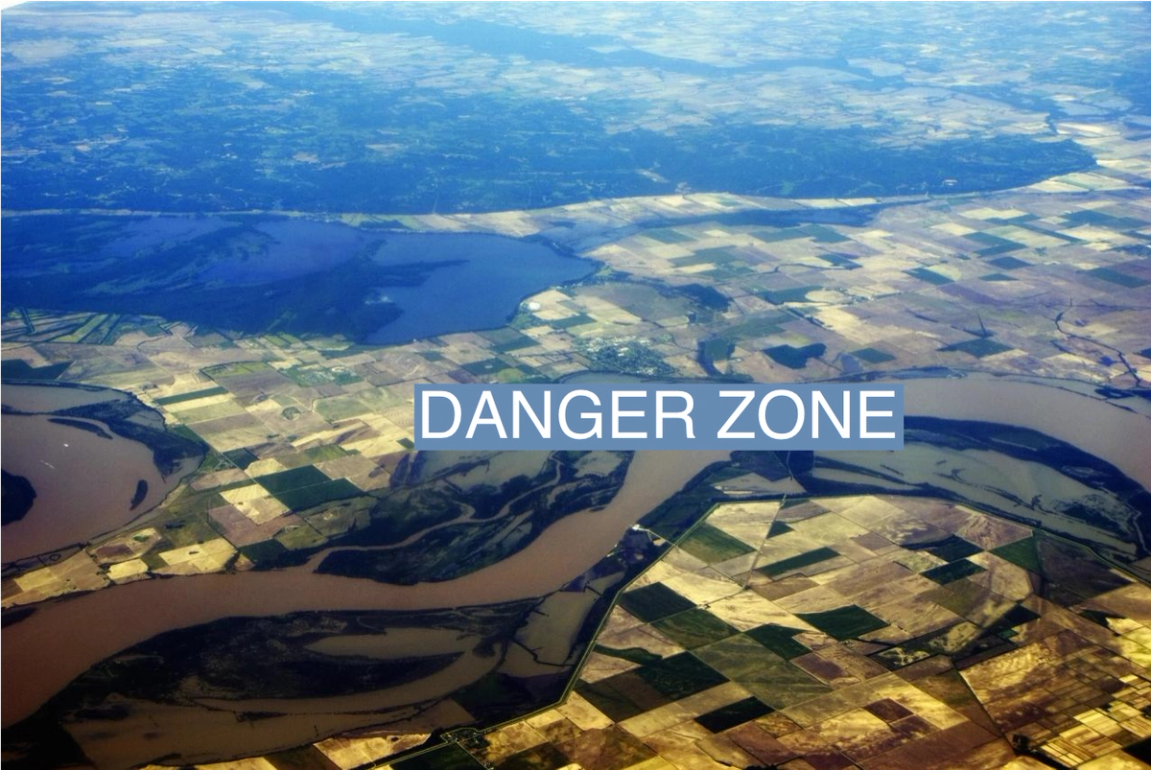 Flickr FlickrThe U.S. clean energy transition is stalled at a small Mississippi River wildlife refuge on the border between Wisconsin and Iowa. At the end of March, a federal judge temporarily blocked the construction of the last two miles of a 102-mile, $649 million interstate electricity transmission line, siding with a coalition of environmental groups that had sued over its proposed route through the refuge. The energy companies behind the project say they painstakingly selected a course with minimal environmental disruption, following the path of an existing road which will also allow a smaller transmission line that already crosses the refuge to be dismantled. Last week, the companies appealed the injunction, leaving the line’s fate uncertain. The Cardinal-Hickory Creek line is the latest example of a key obstacle to decarbonizing the U.S. electric grid: The long, high-voltage transmission lines needed to carry power from windy and sunny places into cities and factories are being built at a drastically slower pace than what is needed for the country’s clean power goals, in part because of a counterintuitive alignment of interests between some environmental and Indigenous groups, alongside the utilities they often despise. “This line is just the tip of the iceberg,” Kerri Johannsen, energy program director at the Iowa Environmental Council, a nonprofit that has supported the project. A huge number of barriers are holding up transmissions projects across the United States, and environmental litigation, as in the CHC case, is but one: The grinding pace of federal permitting, structural disincentives for utilities to invest in transmission, and in some cases concerted lobbying efforts by utility companies to weaken policy changes that could streamline the process are all also to blame. Federal regulators are expected to issue a new set of rules soon that could address some of these obstacles, potentially amounting to one of the most impactful climate policy reforms of the Biden administration — if it can placate both the community and environmental groups that are blocking transmission projects on cultural or conservation grounds, as well as utilities disinclined to cede control of their local monopolies. |